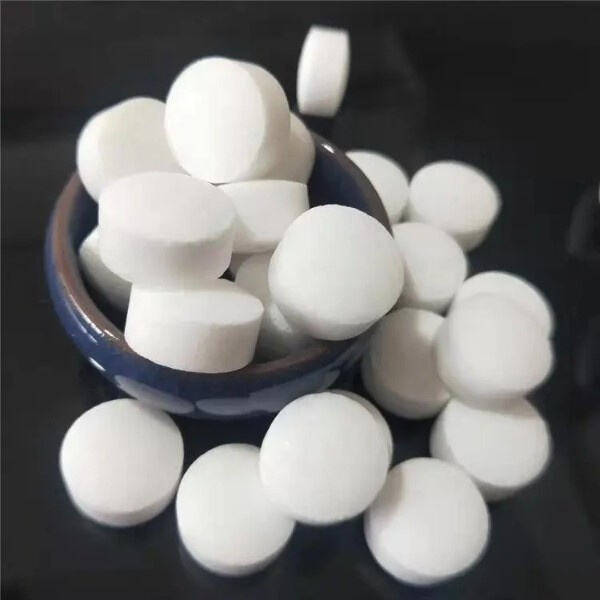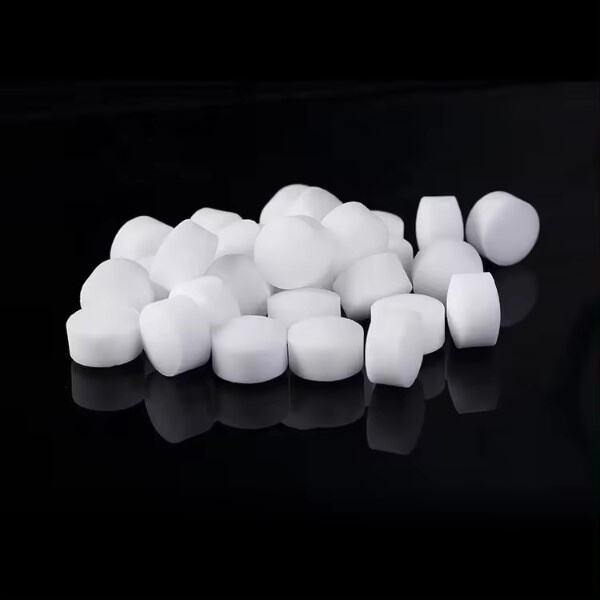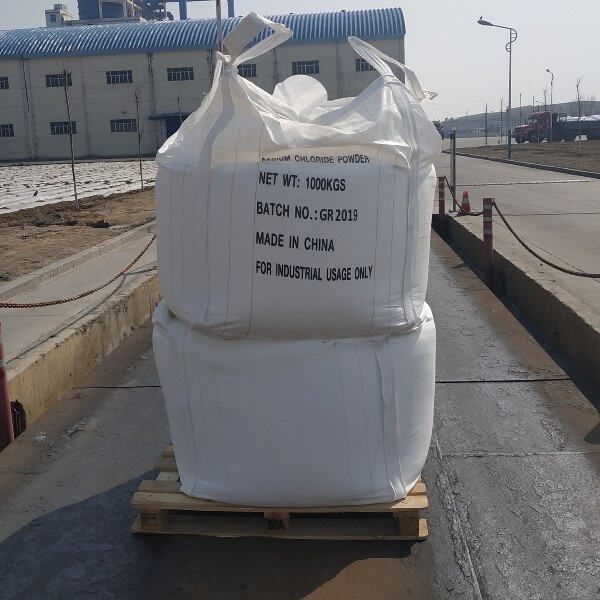Gusto mo bang malaman ang kalidad ng tubig sa bahay mo na kumakantahin ng relatibong kumport? Ilagay si BANGZE asin pang-soften ng tubig sa larawan! Mayroon kaming isang guide tungkol sa mga benepisyo ng paggamit ng asin para sa water softener, at pumili ng tamang uri, ang proseso nito, pagtanggal ng mga pangkaraniwang mita at mga tip para sa pagsasawi ng iyong water softener system.
Ang asin ng water softener sa bahay ay sobrang gamit. Una, maaari itong gawing mas malambot ang damdamin mo kapag sumubok ka sa tubig, katulad ng tubig na malambot. Nakakaisip ba kang kung ang balat mo ay busog o siklab pagkatapos mong maghugas ng mga kamay o magpakita? Maaaring dahil dito sa hard water. Ang hard water ay puno ng mineral tulad ng kalsyo at magnesio na maaaring gawing mas kasuklam ang damdamin ng iyong balat at buhok, lalo na kung hinahayaan mong dumurog ang tubig sa iyong katawan pagkatapos ng pagpapakita o paglilinis. Maaaring alisin ang mga mineral na ito sa pamamagitan ng pagdaragdag ng asin ng water softener upang malambotan ang tubig sa iyong bahay.
Pansin din na maaaring magbigay ng mas mahabang buhay sa iyong mga aparato ang asin ng softener. Nakakakuha ng deposito sa iyong dishwasher at washing machine mula sa hard water sa pamamaraan ng oras. Maaaring sanhi ito ng mas mababa ang kanilang epekibo o mawala ang lahat. Nag-aalok ang asin ng water softener na maiwasan ang depósito kaya mas matagal tumatakbo at mas epektibo ang iyong mga aparato.
Kapag pinipili ang isang water softener salt, tingnan ang uri ng water softener na ginagamit mo. Mayroong maraming uri, kabilang ang may base sa asin at walang asin na mga sistema. Ang gumagamit ng asin na water softeners ay gumagawa nito sa pamamagitan ng pagkuha ng ilang mineral mula sa tubig. Ang walang asin na mga sistema ay gumagamit ng iba pang paraan, tulad ng mga filter.

Para sa may base sa asin na water softeners, maaari mong pumili ng uri ng asin na iyong pinapaborita: bato asin, solar salt o evaporated salt. Ang bato asin ay ang pinakamurang kulang, ngunit sukalat sa dumi na maaaring sunduin ang sistema mo. Ang solar salt ay mas malinis at nililikha sa pamamagitan ng paghuhukay ng asin na tubig. Ang evaporated salt na may asin ay ang pinakamadali magsunog, ang pinakamalinis. Maaari mong pumili ng pinakamahusay na asin para sa iyong sistema ayon sa iyong budget at sa ano ka nagustuhan.

Ang isang asin para sa water softener ay nagtrabaho sa pamamagitan ng isang proseso na tinatawang ion exchange. Kapag ang hard water ay pumapasok sa iyong water softener, hinahawakan ng mga butil ng asin ang mga mineral mula sa tubig, tulad ng kalsyo at magnesyo. Habang dumadala ang tubig sa pamamagitan ng mga butil ng asin, kinakailangan ang mga mineral sa iyong tubig na mai-exchange ng mga sodium ions, na hindi sumasaktan sa iyong mga tubo o aparato.

Iba pang pagkakamali ay ang pag-iisip na ang asin para sa water softener ay masama para sa kapaligiran. Sinabi na, isang isyu ang wastong paggamit ng asin — gamitin ito pero huwag mag-overdo — at ang asin mismo ay karaniwang ligtas para sa kapaligiran. Ito ay maibabalik-buhay at maaaring madagdag nang ligtas sa iyong septic system o wastewater treatment plant.